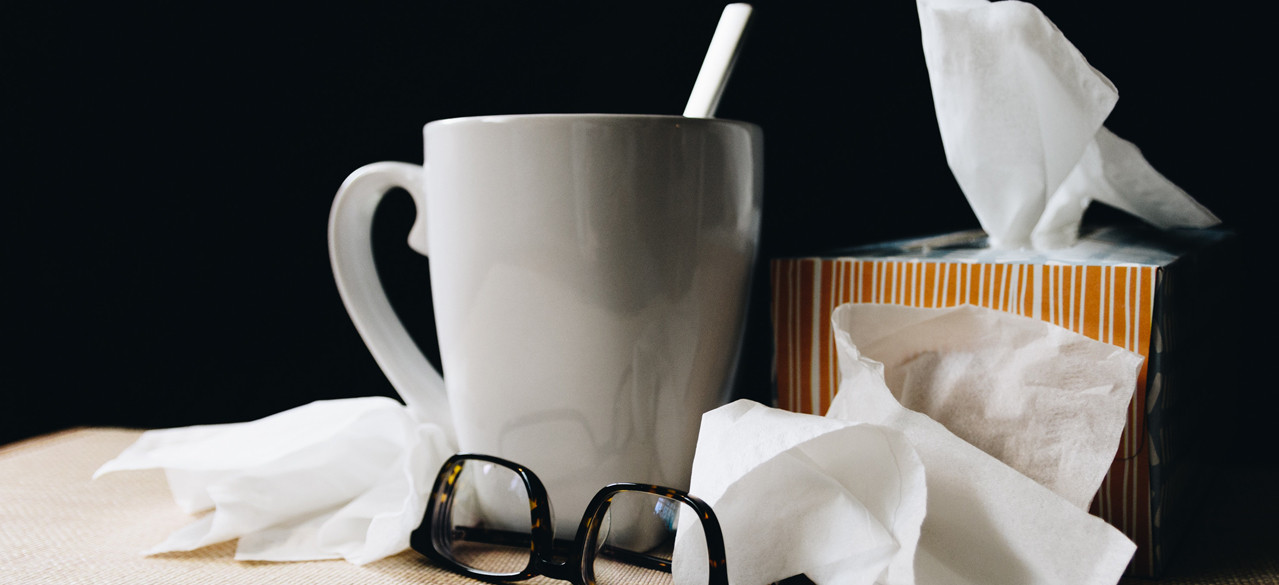

Some of the Recent Disease Outbreaks Across the World
17 Feb 2009 by Olga Brighton
Measles in Greece, Fiji, Kenya and Ukraine
- Some of the recent disease outbreaks across the world are due to the reason that many children are not vaccinated in developing countries so it is important to have boosters.
- The Department of Health are recommending that all 18-24 year olds in Britain should be boosted with the MMR vaccine as they have received insufficient vaccine.
- We recommend this to anyone older than this too, unless you have had the disease.
- Remember mumps is a leading cause of infertility in young men and rubella may need boosting for women of childbearing years.

Malaria
- Cases continue to rise of the killer malaria in UK travellers returning from The Gambia this winter, bringing the total number to 27.
- Seven of the cases have received intensive care treatment and three have died.
- It is known that 13 travellers did not take tablets and 6 took the wrong ones!
Avian – Bird Flu
If you are visiting countries with reported outbreaks of H5N1 bird flu among poultry, you should observe the following measures:
- Do not visit bird or poultry farms or markets.
- Avoid close contact with live or dead poultry.
- Do not eat raw or poorly-cooked poultry.
- Do not eat raw or poorly-cooked poultry products, including blood.
- Wash your hands frequently with soap and water.
Read also: Medical and Health Insurance
If you have been in contact with live or dead poultry in an affected country be aware of the symptoms of bird flu in humans. They are similar to ordinary flu symptoms and can appear suddenly. They may include: a fever (temperature of 38°C or more) cough, shortness of breath, headache, sore throat, sore eyes, muscle aches. If you have these symptoms whilst abroad and have been in close contact with live or dead poultry you should seek medical advice locally. For further travel advice consult the National Travel Health Network Centre (NaTHNaC) and the Foreign and Commonwealth Office website.

How to avoid mosquito bites. Remember always add your insect repellent after the sun cream. Mosquito’s love body lotion, perfumes and scented soap so smell nice and make their day! We recommend repellents with at least 30% DEET. Clothing treatment helps prevents bites. Spray waistbands, collars and cuffs. Mosquito nets are recommended for use in malaria areas unless you’re sleeping in an air-conditioned room allowing you to keep those windows closed
Travel safe with Globelink International!
Published with the kind permission of The Travel Clinic Ltd.
Read also: 3 Essential Facts About Vaccinations And Travel Insurance
We accept

